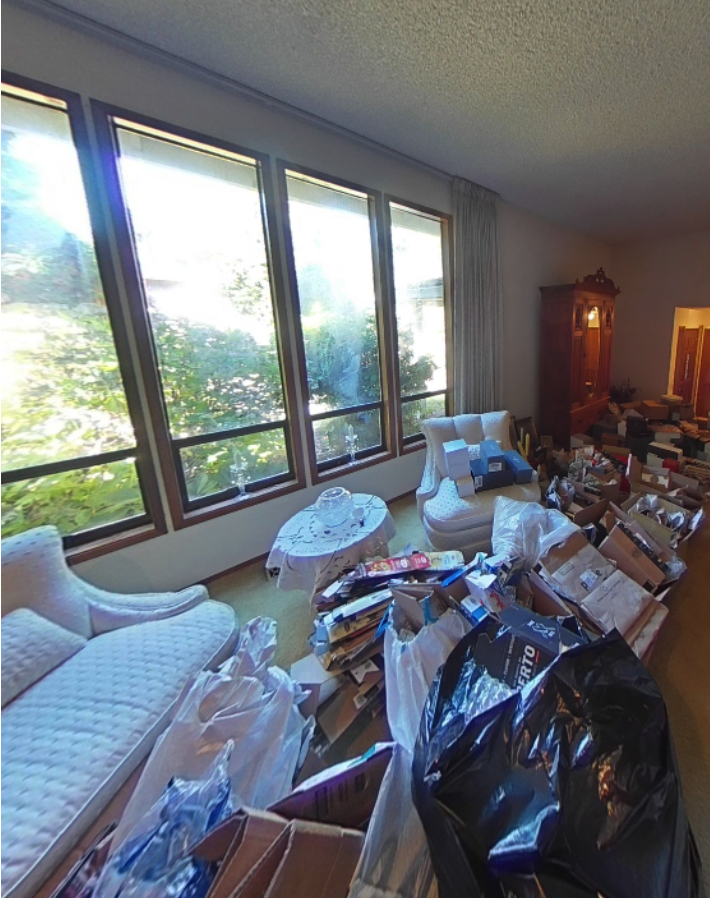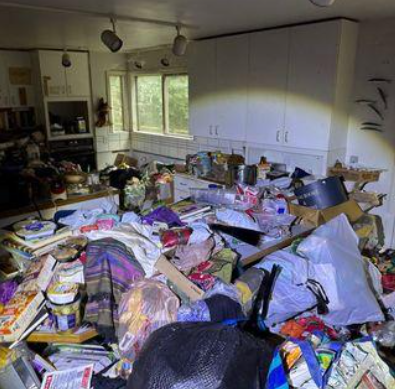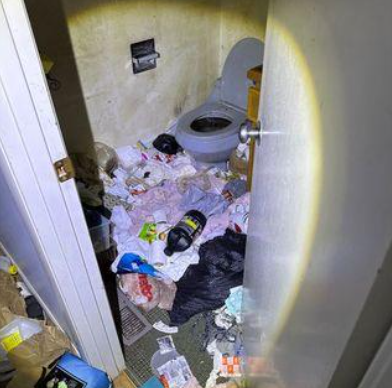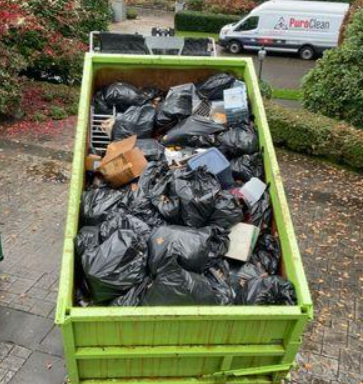

Hoarding cleanup Tacoma is more than just a cleaning job — it’s about restoring safety, dignity, and peace of mind. We provide hoarding cleanup in Tacoma with a focus on empathy and professionalism. Hoarding is a recognized mental health disorder listed in the Diagnostic and Statistical Manual of Mental Disorders, and our team understands the care required in every hoarding cleanup Tacoma case.
Many families feel overwhelmed or embarrassed. We remind them not to be ashamed. Every hoarding cleanup in Tacoma we take on is approached without judgment. Just like you wouldn’t blame someone for needing a wheelchair, hoarding requires compassion, not criticism.
There are five stages of hoarding, and we’ve successfully completed hoarding cleanup Tacoma assignments at all levels — from mild clutter to extreme cases. Our goal during any hoarding cleanup in Tacoma is to restore order while respecting everyone involved.
Hoarding cleanup Tacoma also involves identifying safety hazards, waste, and structural damage. We bring experience and discretion to every hoarding cleanup in Tacoma, helping families regain control of their space.
If you need hoarding cleanup Tacoma services, or know someone who does, we’re here to help. Our hoarding cleanup in Tacoma team is trained, respectful, and ready to assist at any stage.





Severe hoarding, requires disinfectant fogging application. Rotting food, dead rodents, fecal matter all have to removed safely. PPE required. Multiple dumpsters. Multiple crews.

Most homeowners insurance will cover crime scene (biohazard) cleanup. We recommend that you consult your insurance agent/carrier to find out if you can make a claim for your particular circumstance. [...]
As with any virus, the Coronavirus spreads when an infected person coughs or sneezes, and any respiratory droplets come in contact with another person. Keeping a good distance from infected [...]
Bloodborne pathogens (BBPs), as defined by the Occupational Safety and Health Administration (OSHA), means pathogenic microorganisms that are present in human blood and can cause disease in humans. These pathogens [...]
There is no proven home remedy for this virus. Extreme heat or cold, nasal saline solutions, eating or applying garlic or onions to the skin, spraying alcohol or chlorine on [...]
If someone in close proximity to you is coughing or sneezing, be sure to maintain at least 6 feet (2 meters) distance between yourself and the person who is coughing [...]